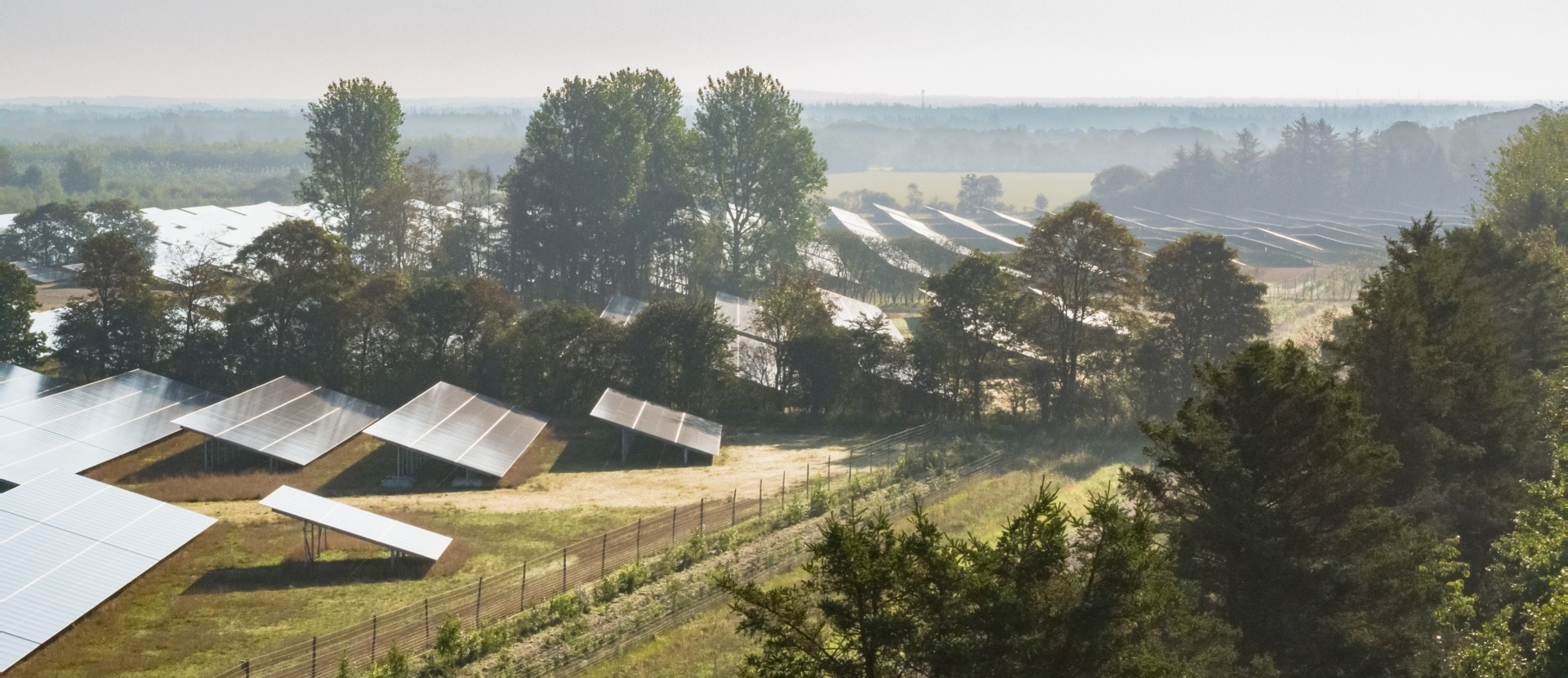OMNES LAUNCHES A SUSTAINABILITY MATURITY FRAMEWORK TO SUPPORT ITS CAPENERGIE ENTREPRENEURS

“We start small, building up gradually as companies’ business strategy develops.”
We incorporate environmental, social, and governance (or ‘sustainability’) factors into our investment processes to protect our investors from material downside risks, while building more resilient and valuable companies which will deliver tomorrow’s value. A multitude of factors affect risk and return, covering a wide range of subjects, and the different expectations of various stakeholders need to be met. As such, we have recently developed a Sustainability Maturity Framework to support our Capenergie companies as they grow from developers to IPPs.
At Omnes, we back renewable energy companies which create strategic value, rather than assets. We believe that some of this value will be created by the way in which they grow into responsible businesses, each with their own mature approach to issues such as supply chain management, diversity and inclusion, and biodiversity impacts. We distinguish between 5 ‘sustainability archetypes’ with clear actions and expectations which are commensurate with the size and sophistication of each business and are applicable at every stage of their growth.We start small, building up gradually as these companies’ business strategy develops.
For instance, when looking at climate mitigation, we would not expect a developer coming into the portfolio (assessed as a ‘Sustainability Beginner’) to have completed a full carbon footprint assessment. We would then expect the company to complete a full carbon footprint assessment, including Scope 1, 2 and 3 emissions, for it to be assessed as ‘Sustainability Aware’. In 2023, we helped Turn Energy, Faria Renewables, and Integrum complete these assessments by appointing an external advisor to facilitate the process.
In 2024, we have onboarded the Carbon Navigator solution from Novata and we are making it available to all portfolio companies which require support to complete this step. To become a ‘Sustainability Practitioner’, companies must then action these insights with a climate strategy to reduce the greenhouse gas emissions of their activities. To this end, we have developed a dedicated Omnes Climate Toolkit; it suggests specific ideas and initiatives which our Capenergie companies can implement to reduce their corporate emissions (e.g. promoting energy efficiency, developing a travel policy, introducing a green mobility plan) and, more importantly, to reduce their project-level emissions (e.g. prioritizing PV modules made with glass instead of back-sheet foils, transitioning to turbine blades made with low-carbon resin, repowering PV plants at end-of-life).
For a company to be recognized as ‘Sustainability Advanced’, its strategy must be externally approved as complying with the Paris Agreement and the company must develop plans to reduce residual emissions. The final step to be assessed as a ‘Sustainability Leader’ involves continuously monitoring climate mitigation targets and providing external reporting.
In this way, we have developed practical steps across 28 different subjects which are deemed to be relevant to and appropriate for renewable energy companies. These subjects and initiatives are inspired by industry-leading best practices. By following these steps and sharing lessons learned by one company in the portfolio with other companies, be that through our monthly Community sessions, Board discussions and reporting, or in-person seminars and events, we hope to provide these companies with structure; in the future, this will put them in the best possible position to meet their own evolving sustainability performance expectations.
First published in Scope Fall 2024